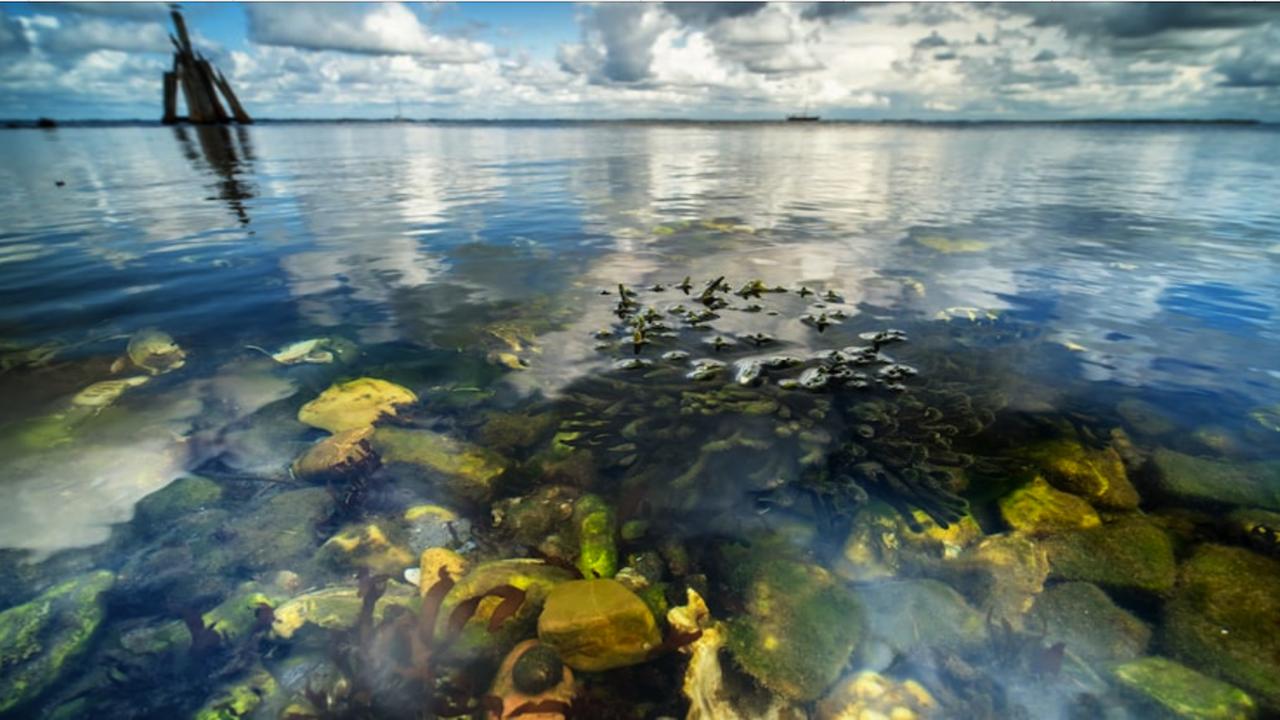 Europe's Marine Protected Areas are under siege, with industrial fishing threatening delicate ecosystems. Despite existing laws, enforcement gaps leave these vital habitats at risk. Environmental groups, led by ClientEarth, are taking legal action against EU governments for failing to regulate bottom trawling in MPAs. As debates intensify, the clash between conservation and economic interests highlights the need for robust enforcement and stakeholder collaboration. The future of marine ecosystems and fishing communities hangs in the balance, with calls for stricter regulations and inclusive decision-making gaining momentum.
Europe's Marine Protected Areas are under siege, with industrial fishing threatening delicate ecosystems. Despite existing laws, enforcement gaps leave these vital habitats at risk. Environmental groups, led by ClientEarth, are taking legal action against EU governments for failing to regulate bottom trawling in MPAs. As debates intensify, the clash between conservation and economic interests highlights the need for robust enforcement and stakeholder collaboration. The future of marine ecosystems and fishing communities hangs in the balance, with calls for stricter regulations and inclusive decision-making gaining momentum.
Enforcement Challenges in Europe's Marine Protected Areas
Europe's Marine Protected Areas (MPAs) face a critical threat from industrial fishing practices like bottom trawling, endangering delicate ecosystems. Despite the presence of protective laws such as the EU's Marine Strategy Framework Directive, enforcement gaps persist, leaving these vital habitats vulnerable. Environmental organizations, spearheaded by ClientEarth, are escalating legal actions against national governments for their failure to regulate activities within MPAs effectively. This situation underscores the urgent need for robust enforcement mechanisms to safeguard marine biodiversity and ensure the long-term sustainability of these ecosystems.
The reluctance of EU member states, including the Netherlands, France, Germany, Italy, and Sweden, to develop concrete plans to regulate bottom trawling within MPAs is exacerbating the environmental degradation. ClientEarth's advocacy for the enforcement of existing laws, particularly Article 6 of the Habitats Directive, emphasizes the importance of establishing conservation measures and management plans for protected sites. By pushing for the strict assessment of potentially harmful projects, these legal actions aim to prevent habitat deterioration and species disturbance, ultimately safeguarding the integrity of marine ecosystems. In this context, initiatives like the EU Ocean Pact could serve as a pivotal framework for enhancing enforcement efforts and ensuring the effective protection of MPAs.
Economic Implications of Conservation Measures
The clash between conservation objectives and economic interests in the context of regulating bottom trawling highlights the complexities surrounding environmental sustainability in the fishing industry. While environmental advocates stress the necessity of stricter regulations to protect marine ecosystems, voices like Daniel Voces de Onaíndi from the Bottom Trawlers Fishing Association (EBFA) raise concerns about the potential adverse effects on the fishing sector. The decline in the EU fishing fleet, with a 14% reduction in vessels since 2013, underscores the challenges faced by the industry amid increasing regulatory pressures.
Voces de Onaíndi's argument that stringent regulations and anti-bottom trawling campaigns have negatively impacted the fishing sector's growth and employment opportunities sheds light on the delicate balance between conservation efforts and economic sustainability. As the EU navigates these complexities, finding a middle ground that promotes environmental protection while supporting the livelihoods of fishing communities becomes crucial. Collaborative approaches that involve stakeholders from the fishing industry, alongside effective enforcement of conservation laws, are essential to strike a balance between ecological preservation and economic viability.
Stakeholder Engagement and Inclusive Decision-Making
The debate surrounding the management of MPAs underscores the importance of inclusive decision-making processes that actively involve all stakeholders, including fishers, in conservation initiatives. Daniel Voces de Onaíndi's call for greater inclusion of fishers in policy discussions highlights the need for transparent planning and early engagement to build trust and foster cooperation. By integrating local knowledge and considering socio-economic impacts, policymakers can develop more effective conservation strategies that are not perceived as imposed restrictions but rather as collaborative tools for marine protection.
Incorporating the perspectives of fishers in the design and implementation of MPAs is crucial for ensuring the practicality and fairness of conservation policies. By treating fishers as partners in conservation efforts rather than obstacles, policymakers can enhance the effectiveness and acceptance of marine protection measures. The EU Ocean Pact's potential as a roadmap for action lies in its capacity to facilitate dialogue among diverse stakeholders and promote inclusive decision-making processes that balance environmental conservation with the socio-economic needs of coastal communities.
Conclusion
In the battle to protect Europe's Marine Protected Areas from the ravages of industrial fishing, the urgency for robust enforcement and stakeholder collaboration has never been clearer. As ClientEarth leads the charge against lax regulations, the clash between conservation imperatives and economic interests underscores the delicate balance at play. The future of marine ecosystems and fishing communities hinges on decisive action, with calls for stricter regulations and inclusive decision-making gaining momentum. It is imperative that the EU and its member states heed these warnings, embracing transparency and cooperation to ensure the sustainability of our oceans for generations to come.